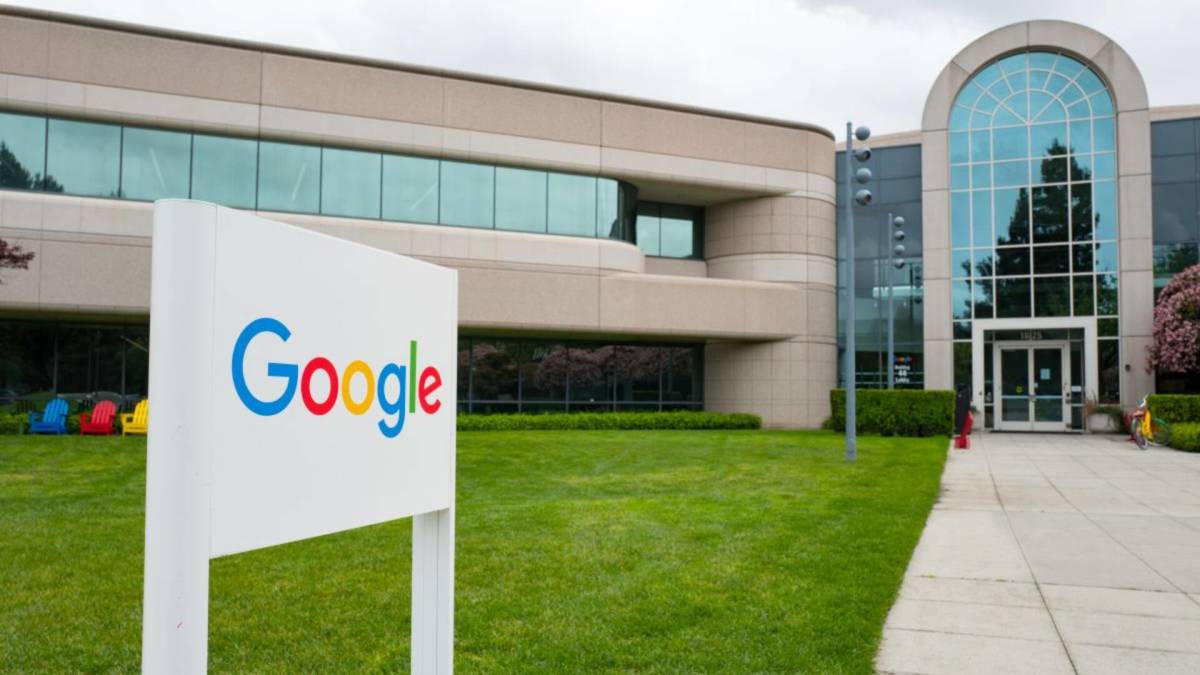The White House announced America’s AI action plan on July 23. The plan has an admirable set of goals (“pillars”): to accelerate innovation, build American AI infrastructure, and lead in international diplomacy and security.
The Networking and Information Technology R&D Program and the National Artificial Intelligence Initiative Office reported their total budget for fiscal year 2025 is $11.179 billion, out of which at least $1.954 billion will be spent on AI.
If we take into account that Bloomberg estimates that big AI companies, including Microsoft, Amazon and Meta will spend $371 billion on data centers for AI in 2025, this US government funding seems tiny, considering the ambitious goals.
The US General Services Administration makes great tech deals
On August 6, the US General Services Administration (GSA) and OpenAI announced a OneGov partnership. GSA has made OpenAI’s ChatGPT Enterprise available to participating US federal agencies for a nominal fee of $1 for one year.
Related: Google adds new feature to fix your search results
A day after the agreement with OpenAI, GSA announced a deal with Amazon Web Services (AWS). AWS agreed to provide up to $1 billion in savings for cloud adoption, modernization, and training for federal agencies through December 31, 2028.
It didn’t take long for Anthropic to respond and give GSA an even better deal. On August 12, it announced that it is providing Claude for Enterprise and Claude for Government to all three branches of the US government for a nominal fee of $1.
According to Wired, xAI was also supposed to get a contract, but GSA decided against it after Grok’s legendary “MechaHitler” incident.
Only Google could top the already announced deals, as Meta is still restructuring its AI departments.

Image source: Smith Collection/Gado/Getty Images
GSA scores the best and cheapest deal yet
GSA announced on August 21 a OneGov agreement with Google (GOOGL) . Gemini for Government will provide a suite of AI and cloud services, with agencies paying $0.47 per agency for Google’s AI tools. The deal is valid through 2026, and expands the previous agreement with Google to offer Google Workspace to all federal agencies at a 71% price decrease.
Related: Nvidia software bug presents huge problem for customers
This agreement includes many services, including video and image generation capabilities. Strangely, this is part of the deal, as if government officials need to be able to create short AI slop videos or images to post on their social media.
The arrangement also includes built-in security features, covering identity and access management, basic and AI-driven threat protection, data privacy, including security compliance for Systems and Organization Controls 2 Type 2, and Google Cloud Platform products being FedRamp High authorized.
Did the administration jump the gun on AI?
MIT’s report, The GenAI Divide State of AI in Business 2025, says: “Despite $30–40 billion in enterprise investment into GenAI, this report uncovers a surprising result in that 95% of organizations are getting zero return.”
I’d argue that even 5% is questionable, but let’s be optimistic. At least the administration is getting the AI models at a huge discount.
More AI:
- Nvidia quietly buys more stock in AI infrastructure favorite
- Veteran analyst names 30 AI stocks shaping future of technology
- Cathie Wood buys $12 million of tumbling AI stock
I’ve previously covered how DOGE misused AI to review Veteran Affairs contracts. That was a disaster, and we can hope that it won’t happen again because they have access to much better models now. The problem is that even the best models still have hallucinations.
Another reason this deal seems rushed is its cybersecurity implications. Yes, the Google deal includes many safety features, but is that enough?
Every application has its bugs, the more applications the more bugs you bring into your environment, and some of them might be security vulnerabilities. This is how you increase your attack surface. Why did GSA sign up for three different AI models when it would have been safer to stick to just one?
Perhaps cybersecurity isn’t as critical as AI?
State and federal departments that were hacked in July:
- Education Department
- Florida’s Department of Revenue
- The Rhode Island General Assembly
- The National Nuclear Security Administration
In the end, you should ask yourself, knowing that AI consumes a crazy amount of power to work, why have these companies jumped at the opportunity to give access to it at almost no cost to the Government? What concessions are they getting (or expecting) in return?
Related: 5 things you should know about cyberattacks in 2025
#government #great #deal #cost